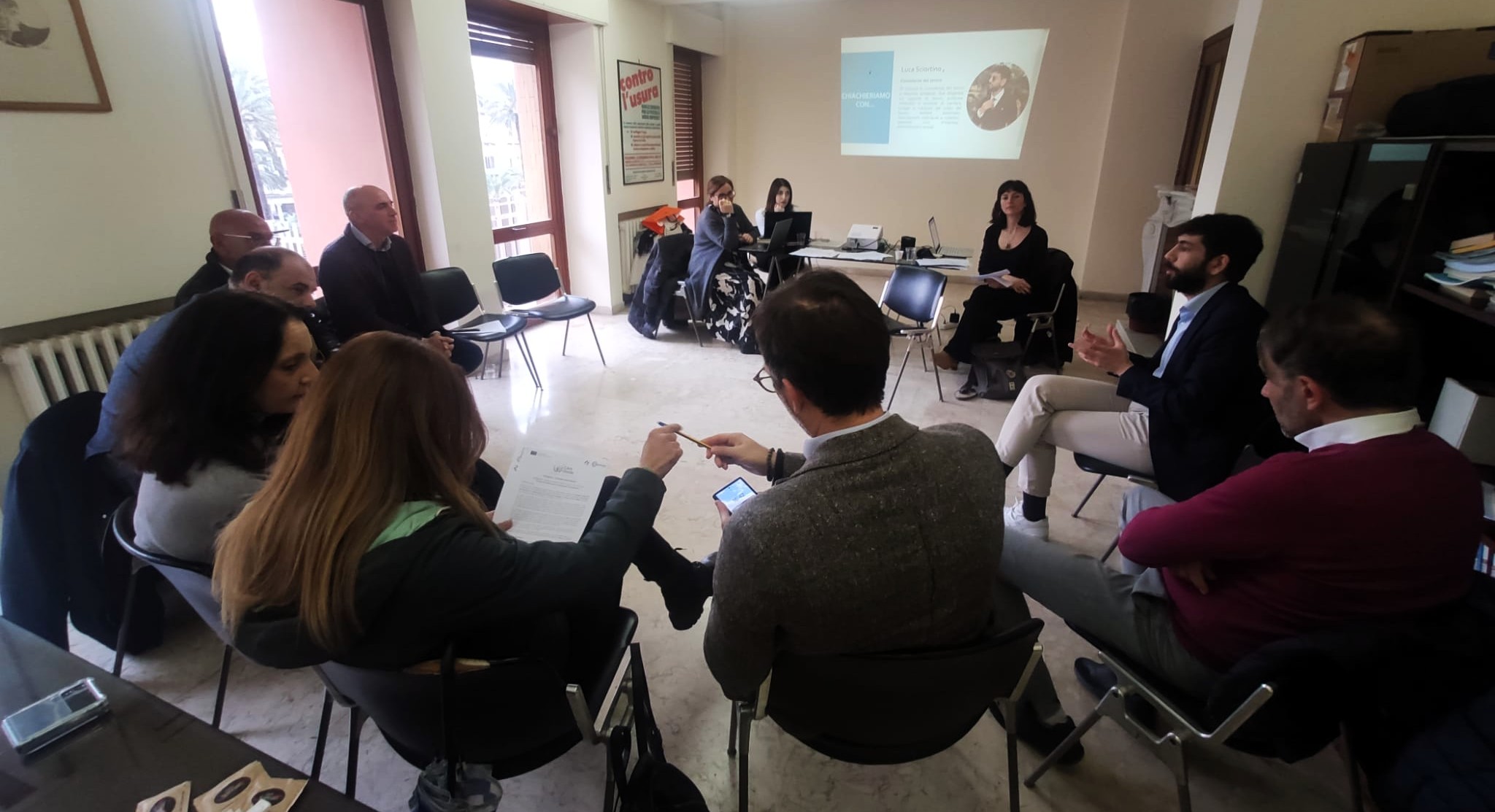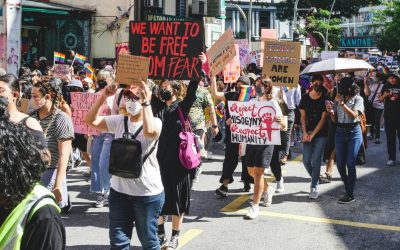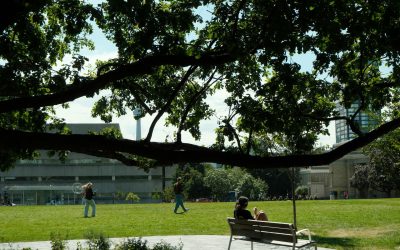Who cares for the caregivers?
It’s a question that strikes at the heart of our societies, especially in an ageing Europe where care work, often invisible, still falls largely on women. In Italy, long-term informal care, typically unpaid and family-based, represents a silent yet powerful barrier not only to women’s participation in the labour market, but also to their emotional and psychological well-being. The outcome? Interrupted careers, lower wages, reduced pensions, a growing sense of isolation and fatigue, and long-postponed personal aspirations.
The European project Care-Divide, running in Italy, Romania, Greece, Spain, and Cyprus, addresses this challenge by promoting cultural and structural change in the realm of care. Through research, training, and awareness-raising, the project aims to dismantle gender stereotypes that still influence the distribution of care work, improve the quality of life of caregivers, and promote more inclusive workplace policies that support those who provide care.In March, the research phase began with a mapping of the phenomenon through data collection, experiences, and interviews with caregivers, employees, and employers. In Italy, CESIE ETS, in collaboration with Confesercenti Palermo, organized two meetings to explore local realities; one with employers and one with informal caregivers.
First meeting
The first encounter, held in March with 10 employers, revealed how companies struggle to meet the needs of employees with care responsibilities: the lack of regulatory tools and the absence of clear guidelines often lead to informal, and sometimes discriminatory, solutions. Participants also stressed the need for more training and practical tools, such as the Family Audit, which, though not widely known, holds great potential.

Second meeting
The second encounter, held in April with 10 informal caregivers, was organised in collaboration with La Grande Famiglia, a volunteer organisation that supports Alzheimer’s patients and their families. The discussion brought to light the profound emotional burden of caregiving, compounded by a healthcare system perceived as inefficient, especially in Southern Italy. When services do exist, they are fragmented and unstable. There is a lack of legal recognition of the caregiver role, as well as insufficient psychological support and strong community networks.
The conversations revealed how caregiving is often a deeply ambivalent experience: a source of love and meaning, but also of solitude and frustration. Reflections also emerged on gender roles: some men participants admitted they only approached caregiving after their partner’s illness, coming to understand it as a shared skill rather than a “woman’s duty”
The next phase involves the drafting of the Mapping the Gap report, which will provide a transnational overview of the research activities conducted across all partner countries. The report will combine literature reviews with qualitative insights gathered from employers and caregivers, while also showcasing good practices to inform future policy recommendations. Building on these findings, the project will later release a training toolkit to help companies turn key insights into practical change.
Care-Divide continues its commitment to shift care from being a private, invisible burden to a shared and recognised social responsibility. Because supporting caregivers is not just a matter of justice, it’s an investment in the well-being of society as a whole.
About the project
Care-Divide is funded by the CERV Programme (Citizens, Equality, Rights and Values), aiming to address the gender gap in informal long-term care, particularly elderly care, by supporting caregivers and promoting gender equality in both work and caregiving through collaboration among employers, policymakers, the media, and civil society.
Partners
- ICCV (Romania, coordinator)
- CCIR (Romania)
- CSI (Cyprus)
- PCCI (Cyprus)
- SYMPLEXIS (Greece)
- D&I (Greece)
- FSMLR (Spain)
- Camara Oficial de Comercio e Industria de Badajoz (Spain)
- CESIE ETS (Italy)
- Confesercenti Provinciale di Palermo (Italy)
Per maggiori informazioni
Read the project factsheet and follow us on Facebook and Instagram.
For more information, contact Nuria Casablanca: nuria.casablanca@cesie.org.









